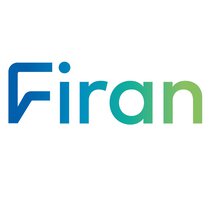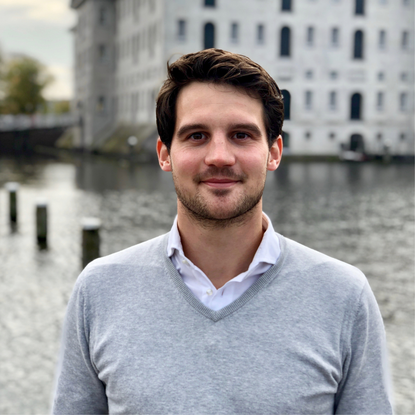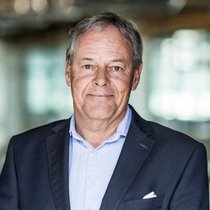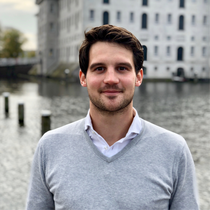The goal is to realize a future-proof low-temperature heat network in Amstel III district South East using waste heat from a nearby data center. The project serves as a 'demonstration' in which the researchers want to demonstrate that data center heat can be used on a large scale after the understanding and overcoming of uncertainties, from a financial, governance and technical perspective.
In the project, TU Delft and Firan focus on the development of heat-cold network concepts (5GDHC) and design guidelines for robust connections of homes and utilities to these 5GDHC networks. The impact of the project is potentially substantial. Initially, the potential of data center heat in Amstel III can be used for sustainable heating of the surrounding built environment. This results in a minimum of 70% CO2 savings of primary energy use compared to natural gas and 100% CO2 savings if the electricity is generated sustainably. For one data center this means a potential CO2 saving of 39 ktonnes accounting for 50,000 new homes or 25,000 existing homes. The national savings potential of data heat is 600 ktonnes. In addition, the water and energy consumption of the data center reduces. Exchanging waste heat returns cool water for the datacenter resulting in less water evaporation of its cooling towers. Furthermore, a datacenter is the enabler for heat supply companies because there free to use waste heat and owners of residential and non-residential building consuming heat in the region.
“The focus of the project is on the development of innovative heat network concepts for scalable and affordable application in a dynamic built environment. With this demonstration project, we want to contribute to accelerating the energy transition in the MRA and to the further development of a sustainable, internationally competitive metropolitan region that focuses on the use of local sustainable (heat) sources.”
Ivo Pothof | Associate Professor TU Delft
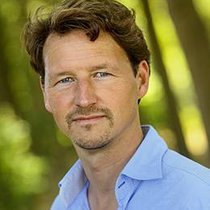
As part of the project, AMS Institute researches bottlenecks, barriers and risks of key stakeholders relevant in the investment decision making process. The research aims to develop key learnings for local authorities in the Amsterdam Metropolitan Area via abduction. These learnings are to be shared among others via the Energy Lab South East.
“We are more dependent on eco-systems than ever before. To heat and to cool buildings is not just arranging a grid connection to the natural gas gris and electricity grid anymore. Sustainable heat sources are limited, the capacity of Aquifer Thermal Energy Storage in high density districts is not endless and electrification of heating can result in congestion issues. District heating and cooling networks in districts have to deal with this kind of limitations. It requires an attitude from every stakeholder to share equal values. The understanding and overcoming of uncertainties, from a financial, governance and technical perspective, is crucial for a sustainable energy systems based on the inclusion of every single citizen and company.”
Francesco Franchimon | AMS Institute

The subsidy for this project was awarded by the European Fund for Regional Development (ERDF) in the context of Opportunities for West II (KVW-0400).
| Duration: |
|
| Related Information: |
Project members
Partners
